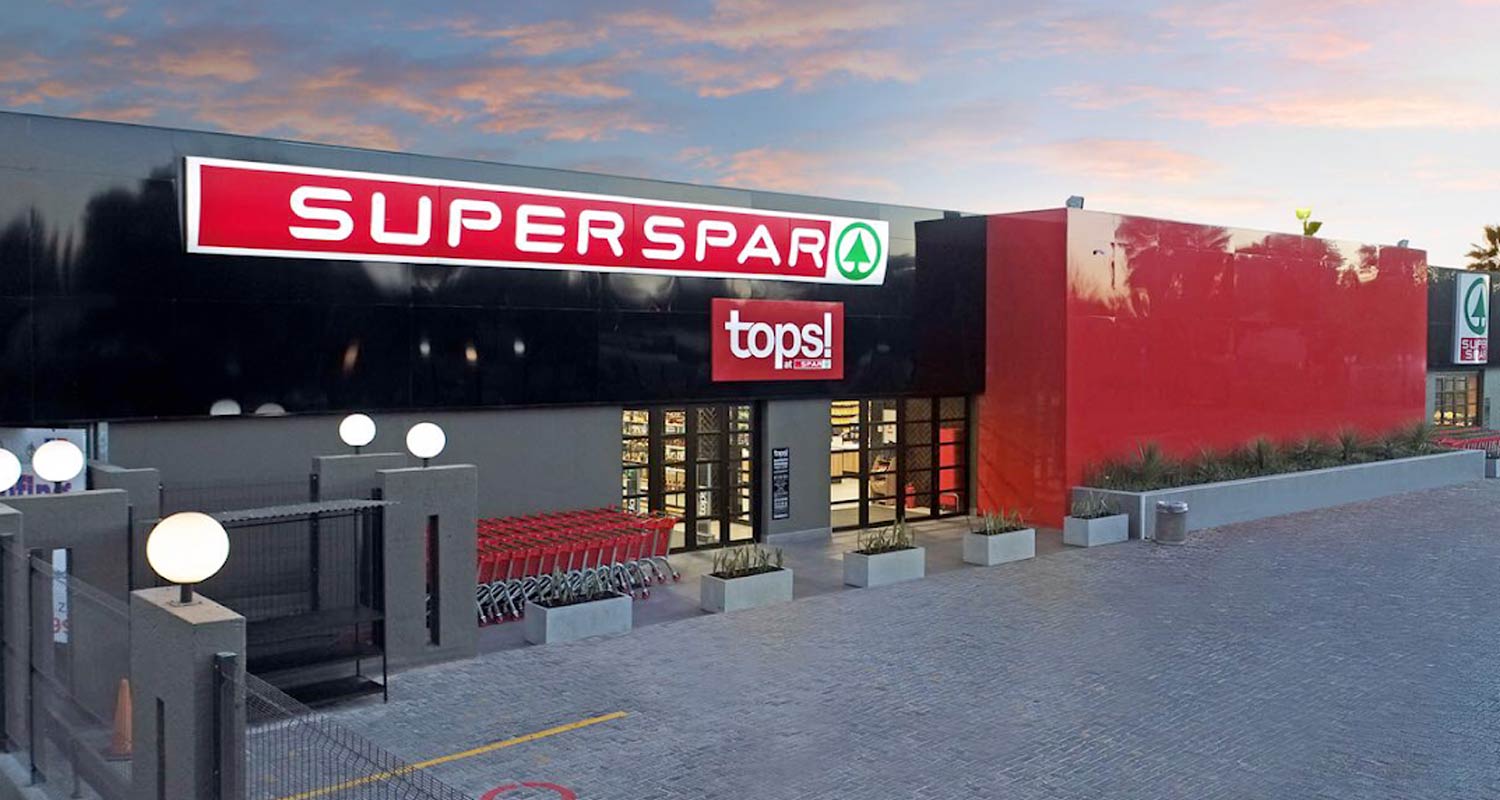 Spar Group said on Wednesday that system-related business disruption experienced in KwaZulu-Natal as a result of the botched SAP project has had an extensive effect on its profitability over the past 12 months, without disclosing the most recent quantum of the impact.
Spar Group said on Wednesday that system-related business disruption experienced in KwaZulu-Natal as a result of the botched SAP project has had an extensive effect on its profitability over the past 12 months, without disclosing the most recent quantum of the impact.
Spar Southern Africa’s total wholesale sales growth of 5.6% was impacted by a weaker-than-expected grocery business performance, the group said in a trading update for the 20 weeks to 16 February 2024 – although its trading performance was “resilient”, with turnover increasing by 9.3%.
It said although the system is functioning as designed, the business’s ability to predict demand and manage availability is not yet optimal.
The suboptimal use of the system is still impacting margin and exaggerating costs for this region, it added.
The group performed a “thorough reassessment” of the SAP project over the past six months that involved stabilising the KZN implementation; reassessing the warehouse management system and whether it is fit for purpose; and reviewing how the system can continue to be rolled out at a significantly reduced risk level.
“This will include separating the ERP from the warehouse system and implementing them independently.”
Spar said in September that SAP – the German-headquartered enterprise software giant – had “remained a supportive partner throughout the project”.
The botched IT project, which went live in October 2022 at its KZN distribution centre, severely affected full-year profits for the period to end-September 2023 for the Pinetown-based retailer. SAP-related losses totalled R1.8-billion in that period.
Profit impact
“Profit after tax for the 2023 financial year was R0.4-billion, a substantial decrease of 80% on the previous year,” Spar said in its annual report. “This result was severely impacted by the unsuccessful SAP implementation at the KZN distribution centre.”
Its KZN logistics hub was incapacitated, forcing the retailer to use distribution centres further afield to plug the gap. According to group CEO Angelo Swartz, the Eastern Cape, North Rand and South Rand distribution centres were used to keep KZN stores supplied.
Read: Spar on why its big SAP project went pear-shaped
The complicated logistics led to a 12.8% increase in fuel and distribution costs that compounded the impact that issues affecting the entire retail sector had on Spar in particular: ongoing food price inflation along with higher interest rates, fuel and energy costs. — (c) 2024 NewsCentral Media




